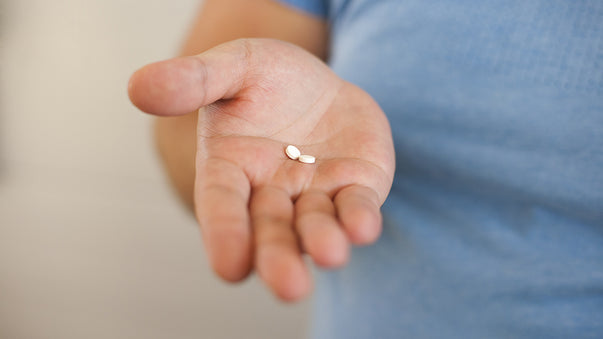Personalized Brain Stimulation Therapies

Researchers at University of Southern California (USC) are advancing toward personalized deep brain stimulation. This research could open the doors to major steps forward in achieving new therapies for a whole host of neurological and mental disorders.
In fact, millions of patients suffering from neurological and mental disorders such as depression, addiction, and chronic pain are treatment-resistant. 30% of all major depression patients do not respond at all to any medication or therapy.
A paper is published in Nature Biomedical Engineering. The researchers have found a way to predict what effect electrical stimulation will have on an individual's brain activity across multiple brain regions.
To accomplish this, the researchers designed two tools. The first is a novel electrical stimulation wave to map brain activity. The second is a new machine-learning technique that learns the map from brain data collected during stimulation.
"Our wave, which changes its amplitude and frequency randomly in time, allowed us to see and predict how the brain responded to a wide range of stimulation doses," explains lead researcher Maryam Shanechi in a press release issued by USC.
What this means is that doctors may soon be able to personalize a "dose" of deep brain stimulation. This would be done on a case-by-case basis and in real-time by changing the amplitude and frequency of stimulation.
"[We] hope to build closed loop brain-machine interfaces that adjust the dose of electrical stimulation therapy by tracking the symptoms in real-time based on brain activity and by predicting how a change in stimulation can change the activity and thus these symptoms," adds Shanechi.
New Skin Cancer Therapies
Yale researchers are developing a skin cancer treatment that involves injecting nanoparticles into the tumor. This would kill cancer cells with a two-pronged approach, as a potential alternative to surgery.
A paper is published in PNAS. It describes the new treatment. Tumors are injected with polymer-based nanoparticles, carrying a chemotherapy agent. Key to the treatment's success is that the nanoparticles are bioadhesive. That is, they bind to the tumors and remain attached long enough to kill a significant number of the cancer cells.
In related news, scientists at Boston University have discovered that a drug that was previously created to target one specific type of protein has much broader use against a family of proteins that act to promote melanoma. Melanoma is an aggressive type of skin cancer. The drug is YK-4-279. This finding is detailed in a paper published in Cancer Research.
Improved Lung Function in COPD Patients
Researchers at National Institutes of Health and their collaborators have found that inhaling unfragmented hyaluronan improves lung function in patients suffering from severe exacerbation of chronic obstructive pulmonary disease (COPD).
Hyaluronan is a sugar secreted by living tissue that acts as a scaffold for cells. It is also used in cosmetics as a skin moisturizer and as a nasal spray to moisturize lung airways.
A study is published in Respiratory Research. It reports that hyaluronan shortened the amount of time that COPD patients in intensive care needed breathing support. It also decreased their number of days in the hospital, which saved money.
DNA Change Repairs Immune Deficiency
Researchers at Garvan Institute of Medical Research have discovered that three patients spontaneously repaired harmful variants in their DNA. The patients had a severe genetic immunodeficiency. And the spontaneous change restored normal immune function over time.
Some spontaneous DNA changes are associated with the development of diseases like cancer. But in these three patients, a spontaneous DNA change, known as somatic reversion, had a positive effect. It repaired the faulty genes responsible for DOCK8 deficiency. The deficiency is a rare inherited condition.
A study is published in Journal of Clinical Investigation. The researchers detail this discovery. And they suggest implications for future therapies and treatments for the often-fatal DOCK8 deficiency.
More Articles
Don't miss a beat! In our Pulse Newsletter, Thrivous curates the most important news on health science and human enhancement, so you can stay informed without wasting time on hype and trivia. It's part of the free Thrivous newsletter. Subscribe now to receive email about human enhancement, nootropics, and geroprotectors, as well as company news and deals.
Read more articles at Thrivous, the human enhancement company. You can browse recent articles in Thrivous Views. See other Pulse Newsletter articles. Or check out an article below.
-
Can a New Pill Treat Obesity?
About one third (35%) of people who took a new drug for treating obesity lost more than one-fifth of their ...
-
Caffeinated Supplement Enhances Strength
A new study investigates the acute effects of a caffeinated pre-workout supplement on anaerobic performance in resistance-trained men. It was ...


